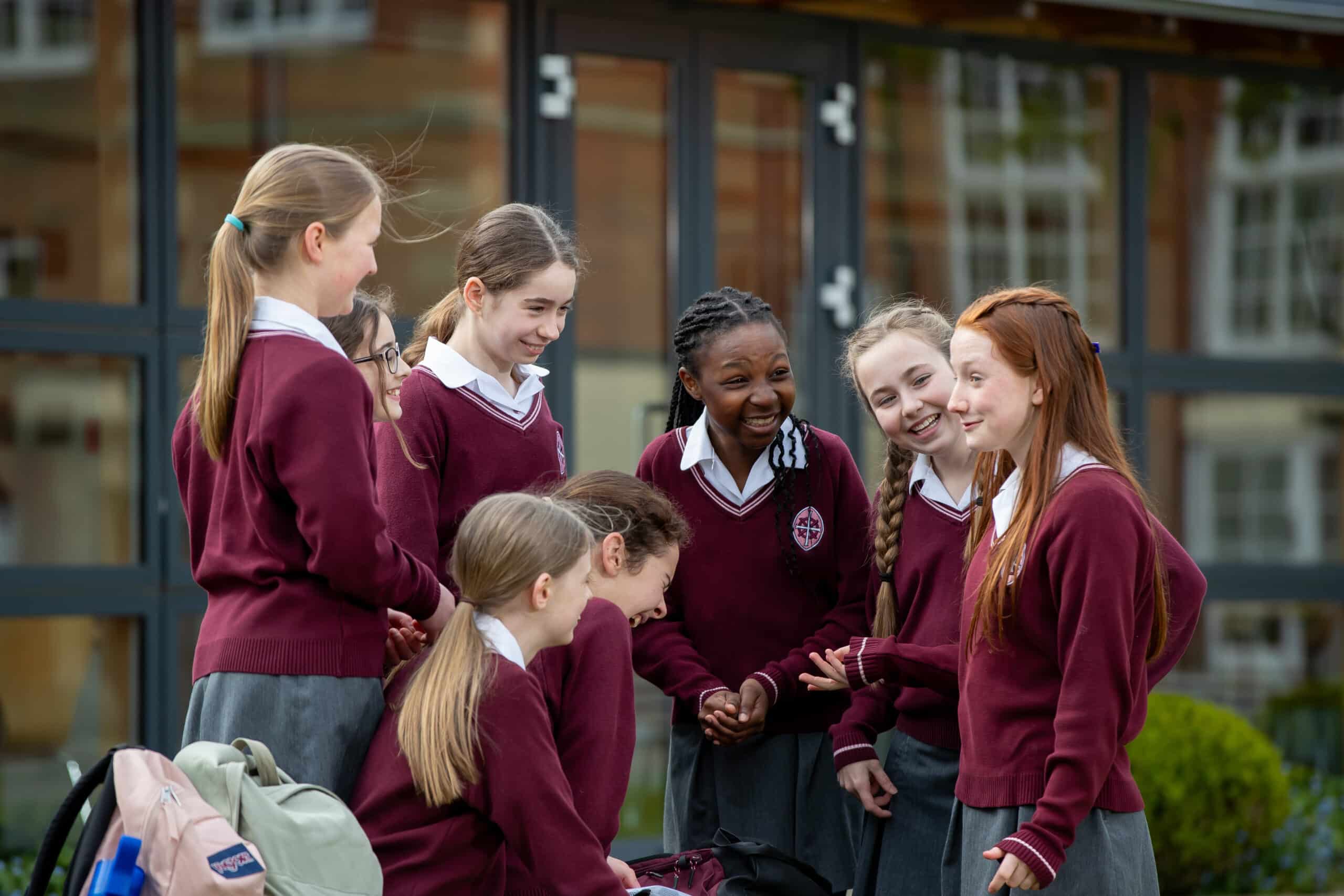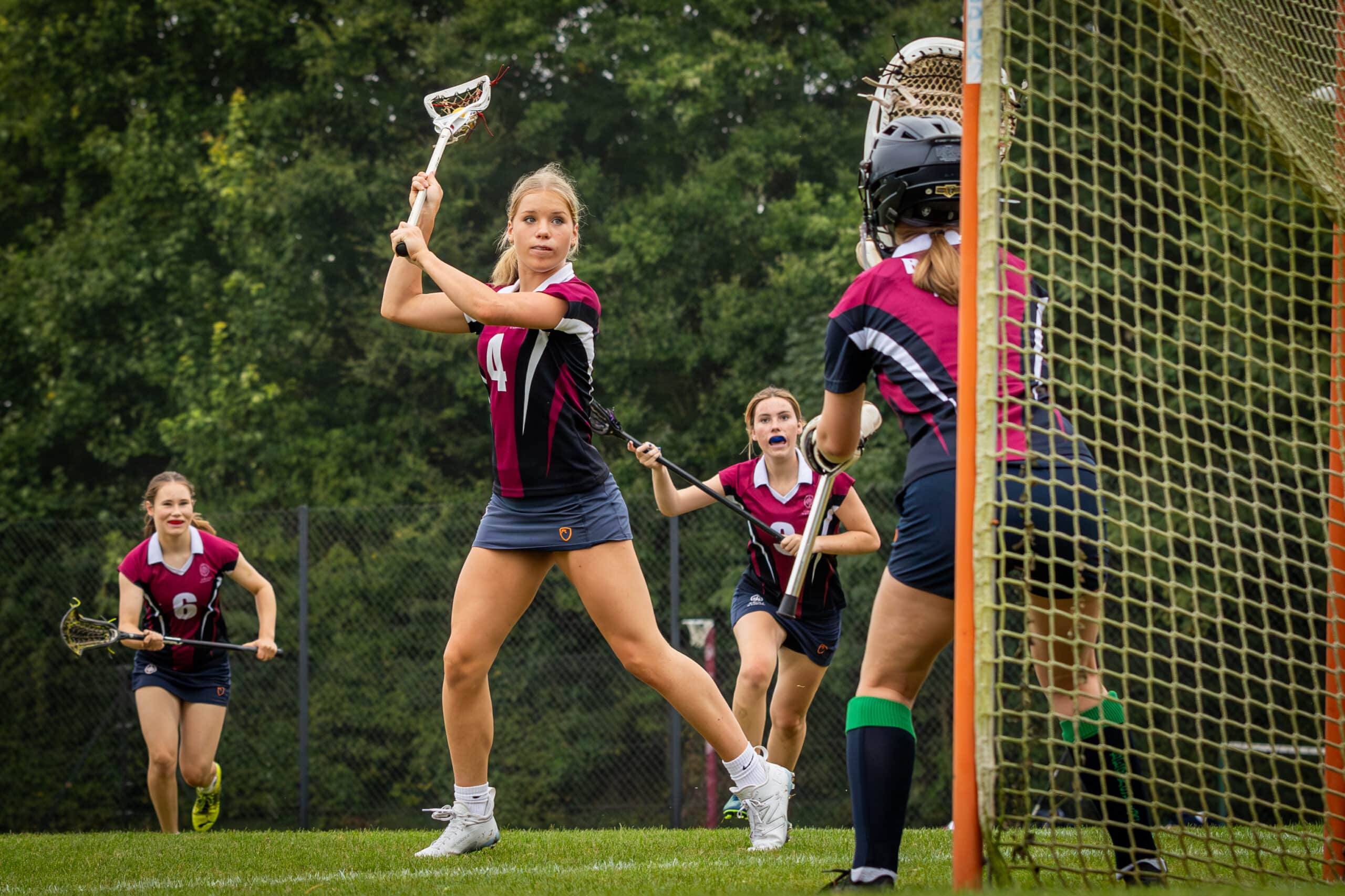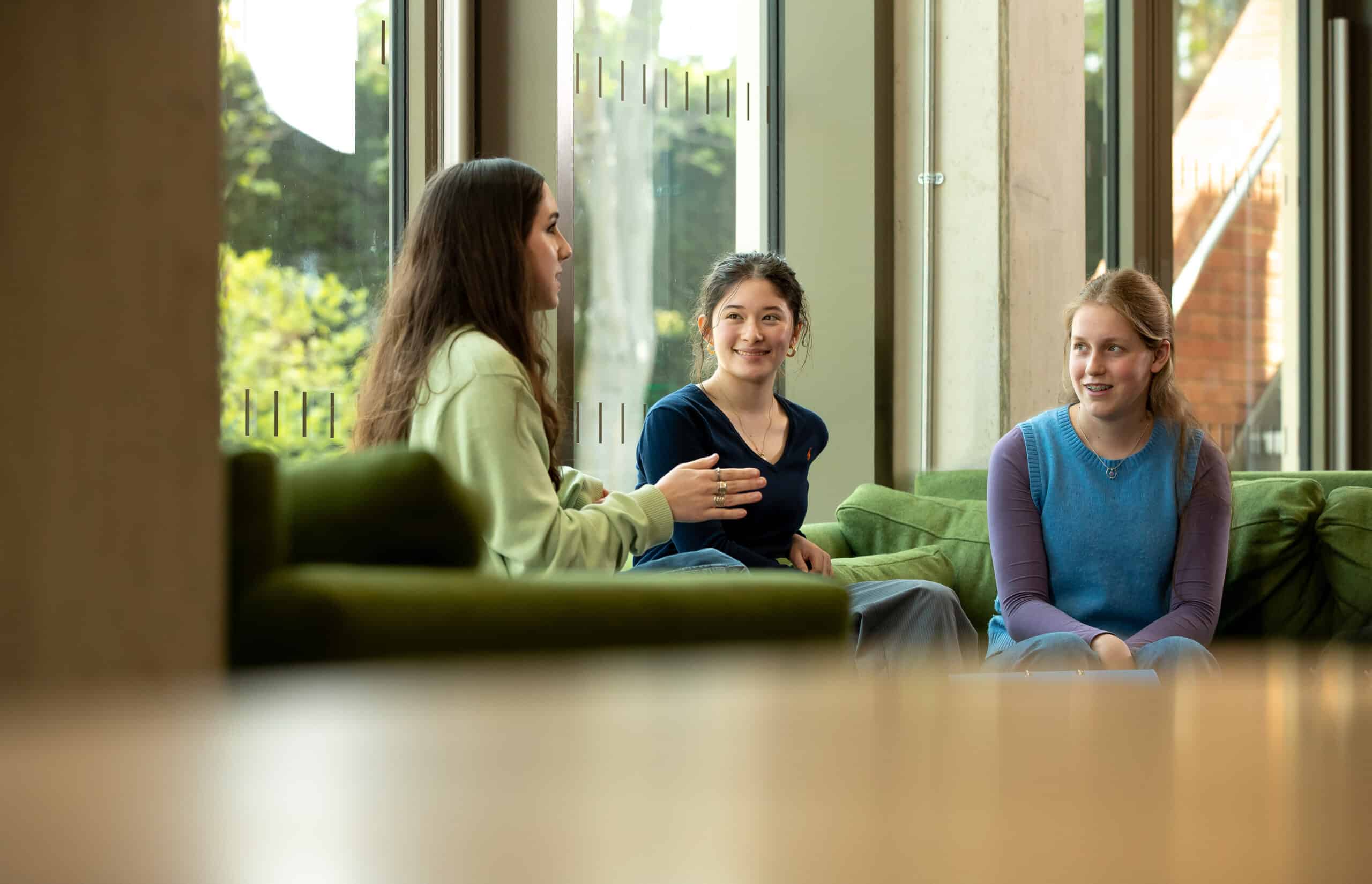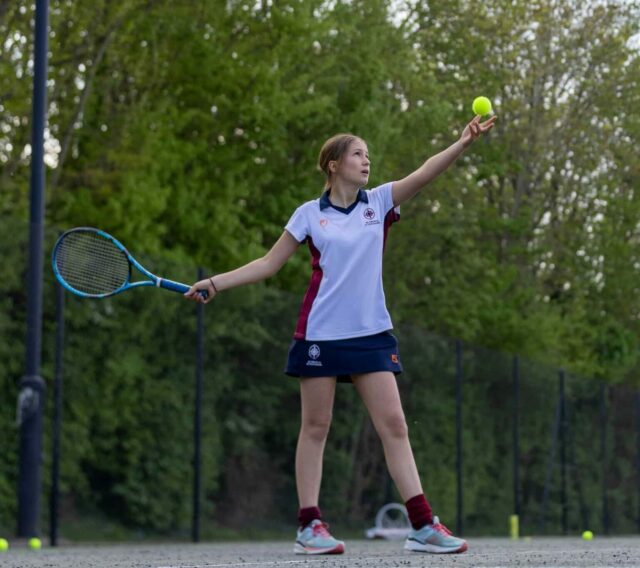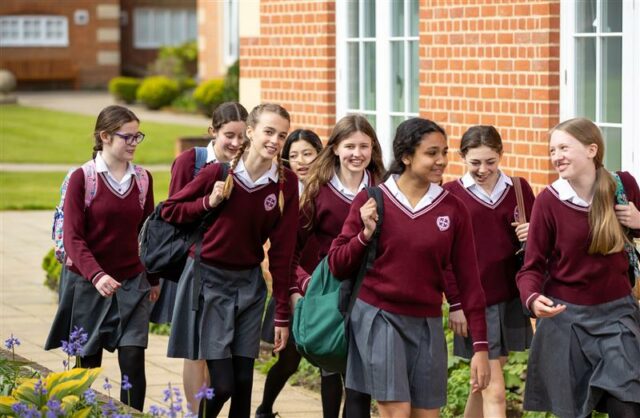Trinity term is a joyous term in which schools traditionally celebrate the successes of the year and yet, in today’s world, for some, this has become something which can generate controversy and debate. Should we celebrate the success of a few, or should we offer medals for all? How can we best motivate the individuals that make up our community and recognise the outstanding achievements of some, without leaving others feeling they have somehow fallen short?
Prize giving ceremonies in particular are frequently called into question, with several arguments being levied against them. Some have suggested that they are unfair, pointing out that success means different things to different people, making it wrong to publicly celebrate particular values. This claim can be extended to say that they might even run the risk of reducing students’ enthusiasm for learning, the limited number of prizes suggests a limit on how many students can be successful, the resultant attitude being “why bother?”. See for example, this opinion piece by Hugh Raymont-Pickard, founder of the charity IntoUniversity, which was picked up and widely debated in print and online media. He continues to argue today that exam results provide adequate reward for high achieving students and goes so far as to say that prize giving ceremonies should be banned, although it is interesting to note that he was a guest speaker at a prize giving ceremony the year after he wrote this article. From a ground level perspective, it is without doubt the case that such celebrations have the potential to cause feelings of discontent and disappointment amongst both students and their families.
But if prize giving ceremonies have opponents, they also have proponents. Foremost amongst these tend to be those that argue that competitive environments foster greater learning. Socio-cognitive approaches have explored the effect of competitive environments and attainment-based reward on learning with some finding positive effects of these on effort and achievement in some contexts (eg Burguillo, 2010; DiMenichi and Tricomi, 2015; Zimmerman et al, 1990).
Whilst some evidence from brain imaging studies suggests that although rewards might increase performance up to a point, during task performance it is potential losses that are encoded in the brain, so that correlation between reward and performance might actually be driven by loss aversion (Chib et al 2012).
Perhaps then the answer is that given by the oft quoted Dodo from Alice in Wonderland “everyone has won and all must have prizes”? Whilst this might seem like a glib remark, in some senses reward systems which aim to celebrate effort and cognitive skills, such as learning from mistakes and calculated risk taking in learning, are just this. Carole Dweck, best known for coining the term growth mindset, has written about this extensively (see for example Dweck, Walton and Cohen, 2014). Her basic premise is that by rewarding effort, students will develop the kind of grit and resilience, in her words academic tenacity, that we all know to be so important for success. There is no doubt that this approach has lots of merit, and it certainly forms the lynchpin of a great deal of what we do in the classroom at St Helen’s. A devil’s advocate might suggest, however, that reward for all is actually reward for none, the incentive itself is degraded and one can start to lose oneself in arguments about the relative importance of extrinsic vs intrinsic reward.
Against this backdrop of controversy, why do we then celebrate success at St Helen’s? Is it a tradition in which we doggedly persist without questioning its benefit? As a community, we have made a deliberate choice about these celebrations. We want to show that we are proud of what we achieve, that we value both effort and attainment and that lifting others up and empowering them does not detract from your own value.
For me, some of the detailed arguments around prizes and celebration success I have attempted to explore in this piece lose sight of the joy that is end of year celebration in all its different guises. The fundamental value of these celebrations, colours assemblies, drama productions, jazz afternoons, art exhibitions, prize giving and the sports awards evening, is that they are an opportunity for us to come together as a community, to reflect on the whole school’s achievements and for us to restate our values. Our ethos states that “St Helen’s is a school where success is celebrated but not revered”. I hope that this year’s celebrations reflect that ethos and that our whole community, students, their families, and our staff body will feel that they are wonderful opportunities to reflect on and enjoy the multitude of efforts and achievements that make our school what it is.
References
Burguillo, J.C. (2010). Using game theory and Competition-based Learning to stimulate student motivation and performance. Computers & Education, 55(2), pp.566–575. doi: https://doi.org/10.1016/j.compedu.2010.02.018.
Chib, Vikram S., De Martino, B., Shimojo, S. and O’Doherty, John P. (2012). Neural Mechanisms Underlying Paradoxical Performance for Monetary Incentives Are Driven by Loss Aversion. Neuron, [online] 74(3), pp.582–594. doi: https://doi.org/10.1016/j.neuron.2012.02.038.
DiMenichi, B.C. and Tricomi, E. (2015) The power of competition: Effects of social motivation on attention, sustained physical effort, and learning, Frontiers in psychology [online] vol 6, article 1282 doi: https://doi.org/10.3389/fpsyg.2015.01282.
Dweck, C.S., Walton, G.M. and Cohen, G.L. (2014). Academic Tenacity Mindsets and Skills that Promote Long-Term Learning. [online] Available at: https://ed.stanford.edu/sites/default/files/manual/dweck-walton-cohen-2014.pdf.
Rayment-Pickard, H. (2013.). Why not ‘all must have prizes’? [online] Available at: https://www.churchtimes.co.uk/articles/2013/28-june/comment/opinion/why-not-all-must-have-prizes [Accessed 27 Jun. 2023].
Zimmerman, B. J. (1989). A social cognitive view of self-regulated academic learning. Journal of Educational Psychology, 81(3), 329–339. https://doi.org/10.1037/0022-0663.81.3.329.


